We hosted our first “cocktail conversation” recently and quite a few of our readers dropped by to chat about our last newsletter.
One of the things we found ourselves talking about was curiosity. Kath Murdoch (who has featured here before) told us about about the work of Susan Engel, who researches curiosity in children. You can check out her book, or have a look at this 20 min video on what she calls The Hungry Mind.
Engel focusses on how easily teachers can squelch children’s natural, voracious curiosity – for example by focussing too much on fixed learning outcomes and discouraging “disruptive” experiments. Pupils might be given equipment for a practical demonstration of how Egyptians rolled blocks into place in building pyramids. But if they started playing with the rollers and blocks to see what else they could do, they’d likely be stopped.
She researched the frequency of young children having “episodes of curiosity” – essentially bombarding their parents with “What, Why, Where” – questions and found that the rate often sank to almost zero when they were in school.
She emphasises the crucial importance of teachers demonstrating curiosity themselves, a willingness to be excited and interested in the unexpected, in activating that learning superpower in children.
The same applies to facilitators. We try to get interested when things go wrong as we think that supports curiosity in the group. If we get too fixated on ticking off items on an agenda, we may be sacrificing the most powerful energy in the group, it’s willingness to explore and discover, especially in the most critical and challenging areas. Or we can lapse into ‘rescuer’ mode where we try to be helpful, but are actually squashing the group’s capacity to explore and resolve its own problems.
We also talked about how questions need to come from genuine curiosity if they are to foster it in a group. Leading questions, where there’s an implied right answer, easily turn us from facilitators into consultants. If we ask a question to which we already have an answer, we’re effectively raising our status which leads to unenthusiastic compliance or (probably more healthily) resistance to our cunning plan for what ought to happen. It’s more like facipulation than facilitation.
Facilitators sometimes get a bit obsessed with “asking powerful questions”. We might want to reflect on that word powerful and where we want the power to lie in the groups we work with.
